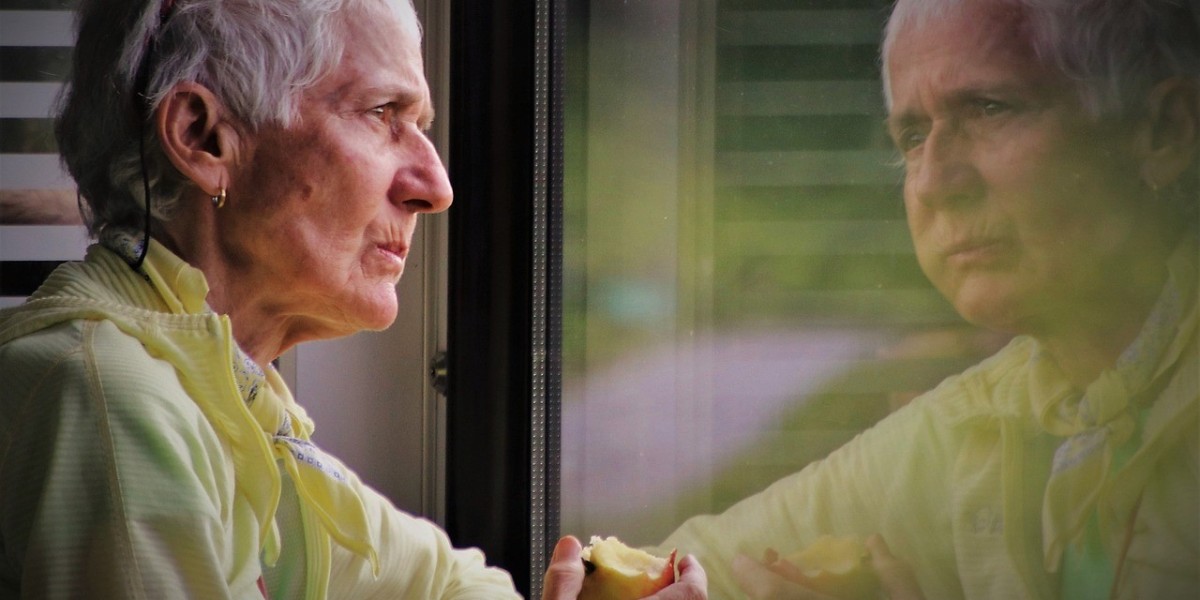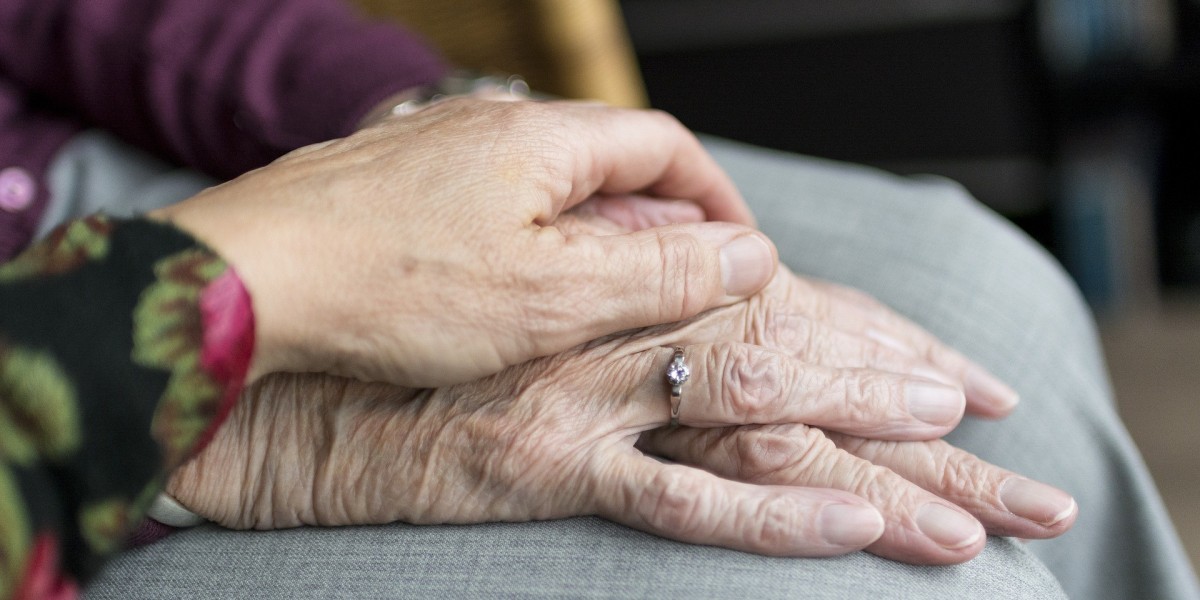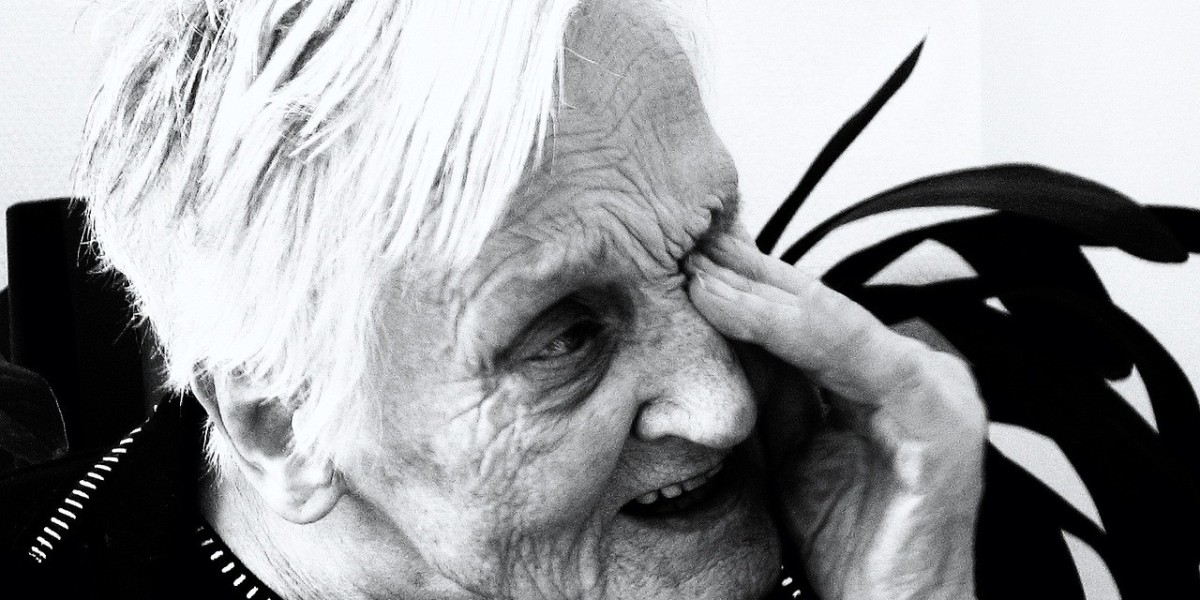Every September, World Alzheimer’s Month is observed globally to raise awareness about Alzheimer’s disease and dementia. This month-long campaign, organised by Alzheimer’s Disease International (ADI) and supported by its member associations worldwide, seeks to educate the public, reduce stigma, and promote understanding of these conditions.
Alzheimer’s disease is a progressive neurological disorder that affects memory, thinking, and behaviour, and is the most common cause of dementia. As the global population ages, the prevalence of Alzheimer’s and other forms of dementia continues to rise, making awareness and action more critical than ever.
World Alzheimer’s Month provides an opportunity for individuals, communities, and organisations to come together to support those affected by dementia and advocate for better care and support systems. The campaign also emphasises the importance of early diagnosis, access to treatment, and ongoing research to find a cure.
Theme for 2024: "Time to Act on Dementia, Time to Act on Alzheimer’s"
The theme for World Alzheimer’s Month 2024 is "Time to Act on Dementia, Time to Act on Alzheimer’s." This year’s campaign focuses on addressing the persistent stigma and discrimination surrounding dementia. Despite growing awareness, many people living with dementia and their caregivers still face significant challenges, including social isolation, misunderstanding, and inadequate support.
The campaign encourages governments, healthcare providers, and the public to take concrete steps to improve the lives of those affected by dementia. This includes creating more dementia-friendly communities, promoting inclusive policies, and ensuring that people with dementia receive the care and respect they deserve.
By changing attitudes and increasing understanding, the campaign aims to create a more supportive environment for those living with Alzheimer’s and other forms of dementia.
Global Awareness and Advocacy Efforts
World Alzheimer’s Month is not just a local or national effort; it’s a global movement. Alzheimer’s Disease International (ADI) collaborates with member associations around the world to highlight the challenges posed by dementia and to advocate for change.
These organisations work tirelessly to raise awareness, provide education, and support research efforts aimed at finding a cure.
In addition to public awareness campaigns, advocacy efforts focus on influencing policymakers to prioritise dementia care and research. By engaging with governments and international bodies, ADI and its partners aim to secure better funding for dementia research, improve care standards, and ensure that the needs of people with dementia and their caregivers are met.
The global nature of this campaign underscores the shared responsibility to address the growing impact of dementia on individuals, families, and societies.
The 2024 World Alzheimer Report
The 2024 World Alzheimer Report, set to be released on September 21, 2024, will offer a comprehensive look at the current perceptions of dementia from various perspectives, including those living with the condition, their caregivers, healthcare practitioners, and the general public.
This year’s report builds on the findings of the 2019 World Alzheimer Report, which revealed significant misconceptions about dementia. For instance, 62% of healthcare practitioners wrongly believed that dementia was a normal part of ageing, and 35% of caregivers admitted to hiding a diagnosis of dementia due to the stigma associated with it.
The 2024 report aims to explore how attitudes towards dementia have evolved over the past five years. By understanding these changes, the report hopes to provide insights into the effectiveness of global awareness campaigns and identify areas where further efforts are needed. The findings will be crucial in guiding future advocacy and educational initiatives to better support those affected by dementia.
Current Global Statistics on Alzheimer's and Dementia
Alzheimer’s disease and other forms of dementia are growing public health concerns worldwide. According to the latest estimates, over 55 million people are currently living with dementia globally, and this number is expected to double by 2050 due to ageing populations.
Dementia is now one of the leading causes of disability and dependency among older people, placing a significant burden on healthcare systems, caregivers, and societies as a whole.
The highest prevalence of dementia is observed in low- and middle-income countries, where nearly 60% of people with dementia currently reside. However, these regions often have limited resources to provide adequate care and support, exacerbating the challenges faced by those living with the condition.
In high-income countries, while resources are more available, the rising costs of care and the need for specialised services continue to strain healthcare systems.
The Role of Caregivers in Supporting Dementia Patients
Caregivers play a vital role in the lives of those with dementia, often providing round-the-clock care and support. This responsibility can be both rewarding and challenging, as caregivers must navigate the physical, emotional, and financial demands of caring for someone with dementia.
Many caregivers are family members who take on this role out of love and duty, but they often do so without adequate training or support.
The challenges faced by caregivers are compounded by the stigma surrounding dementia, which can lead to social isolation and a lack of understanding from others. Caregivers may struggle with feelings of guilt, stress, and burnout, making it essential for them to have access to resources that offer emotional support, practical advice, and respite care. Providing caregivers with the tools they need not only improves their well-being but also enhances the quality of care they can offer to their loved ones.
Addressing the Stigma Around Dementia
Stigma remains one of the most significant barriers faced by people living with dementia and their caregivers. Misunderstandings and myths about the condition contribute to fear, discrimination, and social isolation. For instance, some people still believe that dementia is a natural and inevitable part of ageing, leading to a lack of empathy and support for those affected.
Addressing stigma requires a multifaceted approach, including public education, awareness campaigns, and open conversations about dementia. By sharing accurate information and personal stories, society can begin to shift its perceptions and attitudes toward the condition. Encouraging empathy and understanding can help create a more inclusive environment where people with dementia are treated with dignity and respect.
Changing societal attitudes also involves challenging the language and stereotypes often associated with dementia. Words matter, and using compassionate, person-centred language can significantly impact how people with dementia are perceived and treated. Efforts to reduce stigma are essential to ensuring that those affected by dementia can live fuller, more connected lives.
Personal Stories: Voices of Those Affected by Dementia
One of the most powerful ways to raise awareness and combat stigma is by sharing the personal stories of those affected by dementia. These stories, whether from individuals living with the condition or their caregivers, offer valuable insights into the realities of life with dementia and highlight the human side of this global issue.
Hearing from people who have firsthand experience with dementia can help others better understand the challenges and triumphs that come with the condition. These stories can also serve as a source of comfort and solidarity for others in similar situations, reminding them that they are not alone in their journey.
Sharing personal stories also helps to humanise the statistics and data often associated with dementia. Behind every number is a person with unique experiences, emotions, and relationships. By focusing on these narratives, the World Alzheimer’s Month campaign can foster a deeper connection and commitment to supporting those affected by dementia.
Reach Out for Support from the We Talk Care Community
For caregivers and those affected by dementia, finding a supportive community can make a world of difference.
The We Talk Care community offers a safe space where caregivers can connect, share experiences, and seek advice from others who understand the challenges of caring for someone with dementia. Being part of a community helps alleviate feelings of isolation and provides much-needed emotional support.
We Talk Care provides resources, discussions, and a platform for caregivers to ask questions, share stories, and offer support to one another. Whether you’re looking for practical advice on managing day-to-day care or simply need a listening ear, the We Talk Care community is here to help. Joining a community of like-minded individuals can empower caregivers, helping them navigate the complexities of dementia care with greater confidence and resilience.
If you or someone you know is a caregiver for a person with dementia, consider reaching out to the We Talk Care community for support. Together, we can create a network of care and understanding that benefits everyone involved.








